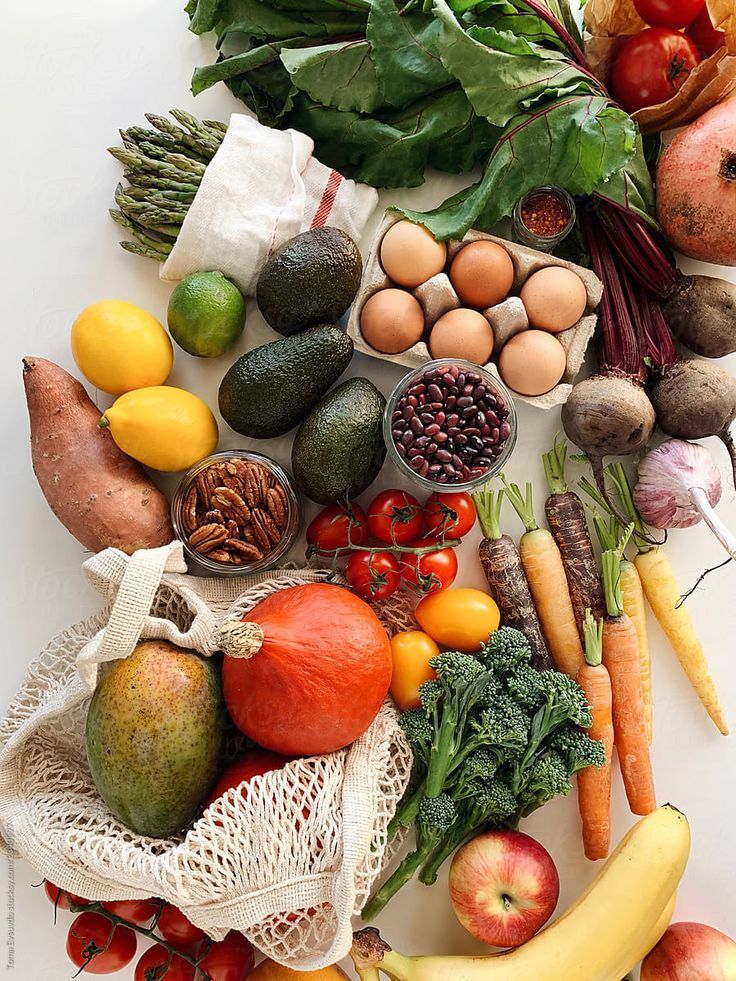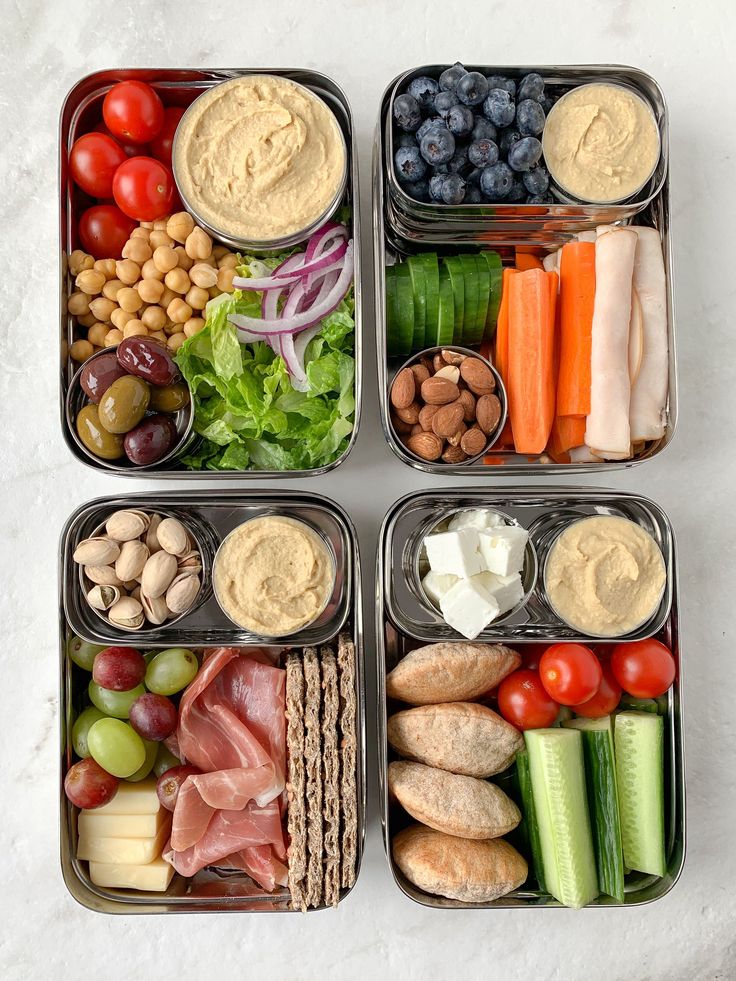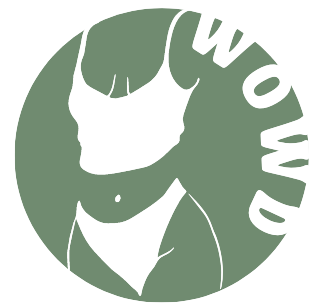What is orthorexia?
As a holistic health coach it makes my heart smile to see that healthy habits and lifestyle is now trendy, and something socially desirable. But this very trend also brings the danger of a not so commonly known eating disorder that is related to eating “too healthy”.
I’m sure you heard about Anorexia, and maybe even about binge eating, but today we talk about a third big group, which is called orthorexia.
Well, let me state here that there is no such thing as eating too healthy, but it is clearly possible to develop too strong feelings related to eating and it’s never a good thing.

As with all eating disorders, orthorexia also affects its victims through emotions and by having individuals develop an “unhealthy” relationship with food and eating itself. Yet it’s not as visible as Anorexia or obesity, it can have you and your surroundings suffer and make life unnecessarily complex and hard.
The name, orthorexia nervosa (ON) comes from the Greek ortho, meaning correct, and orexi, meaning appetite.
Signs of orthorexia
“Still doesn’t sound very demonic to me” you could say. Well, let me list all the possible feelings that a person with orthorexia can feel and how a usual day would look like to someone affected by ON (orthorexia nervosa).
- Anxiety about food and eating – wanting to eat healthy and make good choices is normal and desirable, but stressing about it or taking it “too seriously” to the point where you’re having full on arguments with your loved ones is a sign of orthorexia or an underlying trauma
- Pride – excess pride about what you eat and gloating about your choices is another strong emotion that is unnecessarily attached to eating and helps no one. Don’t get me wrong, you can be proud of yourself for taking good care of yourself, but gloating and pushing other people down for their “poor choices” is unnecessary
- Spending 3-5 hours in the kitchen preparing the “right food” – this is another side-effect that can affect your everyday life tremendously, and worst of all, everyone you live with. Spending several hours of your precious time to make the right meals and it’s not even coming from a good place can be frustrating and can make you feel like you have a second job.
- Spending excessive time explaining to your friends and family the “right way to eat” and about the “right things to eat” – according to YOUR opinion, let’s remember that.
- Refusing going to restaurants or eating at friends place without packing your own lunch box of “correct food”.
- Feeling annoyed of other people eating fast food or “unhealthy” foods
- Taking extra caution in other aspects of life too – but it’s less about a choice, more of feeding into a fear – e.g. non-smoking, not drinking alcohol, going to sleep at 1O pm sharp each night etc. Might not sound that unhealthy, but when it’s not you in control but your fears, it can quickly become your new prison
- Punishment – if an orthorexic person makes a mistake (according to their rules), you can see severe self-hatred or anger, and they might punish themselves with a full day of extra restricted diet the following day

As you could see at many points, orthorexia can severely affect your social life – you skip social events, you only talk about food, you bring your own lunch box while your friend spent hours in the kitchen preparing food for the guests, and let’s be honest, you can be a pain in the ass sometimes judging others about their choices while you pose as the perfect saint.
Another thing to note is that as you can see, none of the listed negative points were related to ON’s health disadvantages. What’s more, someone with orthorexia nervosa can be especially healthy and in good shape – but if you ask me, only for so long. No one can escape the detrimental effects of a problematic mental health even with the best diets in the world. Your mental health will catch up on your physical health and through the social disadvantages, you can feel alienated and lonely, which can further worsen your situation.

Do I have orthorexia?
You might wonder if you have orthorexia because you eat healthy and you barely ever slip. Orthorexia is NOT ABOUT EATING HEALTHY, but about feeling excess emotions related to eating. Here’s a good mind test to put yourself through: how would you feel if you have a phone call now from your best friends to go out tonight to your favorite pastry shop and eat a delicious chocolate croissant while talking and having fun. I know you eat healthy and you might have worked out today and you’re also in a calorie deficit at the moment. Do you think you have orthorexia, just because you explain this to your friend and offer a salad bar instead? NO. Making smart choices that align with your sport goals doesn’t make you orthorexic. But if you would’ve stressed out, get pissed at your friend and completely cancel the night OR you showed up at the pastry with your big lunch box of salad while others were enjoying their delicacies and you judge them up and down for it…. you might need to get it checked out.
Orthorexia nervosa VS Anorexia nervosa
I’d also like to address another commonly discussed question. You might wonder what are the main differences between anorexia nervosa and orthorexia nervosa. Let me list a few simple points to help them distinguish:
- To be classified as anorexic (unfortunately in my opinion) you have to have a weight below minimally normal weight for your height and age (usually measured through BMI). In comparison, ON has no weight minimum or maximum since it doesn’t necessarily affect your weight in a negative way
- Patients of anorexia focus on QUANTITY, while orthorexia patients focus on QUALITY. You can see an anorexic person stuffing in a full bar of chocolate – and maybe that’s everything they eat in those 2 days, yet it’s not a common sight in orthorexia.
- Publicity – while anorexic people might feel ashamed about their illness and try to cover up the signs, orthorexic people often evangelize their orthorexia – or better say their “super healthy” choices and lifestyle.
- Anorexic people might skip full meals and avoid high-caloric food, orthorexic people do not skip meals as they’re carefully planned them and it is not healthy to skip meals. They also avoid special kinds of foods but on the other hand they will seek out and promote other kinds of foods

And why do I think it’s important to know about this eating disorder even though it’s not necessarily dangerous or detrimental and it’s still the “best one” out of all? Because I always promote balance and a healthy relationship with eating for a sustainable, healthy lifestyle and orthorexia is not the way to health! I honestly believe there is no physical health without a mental one and vica versa!
I want you to be aware of your emotions relating to eating and to look out for your loved ones, because they might not even realize they have an eating disorder and they might need you to show them a better way or help them seek help.
Thank you so much for reading my blog today and I hope you learnt something new and exciting! I realised I love writing and you can expect many many more blogs coming on my website soon! Stay tuned and stay healthy!
If you need help on your health or weight journey – book a consulting with me!

Hi, this is a comment.
To get started with moderating, editing, and deleting comments, please visit the Comments screen in the dashboard.
Commenter avatars come from Gravatar.